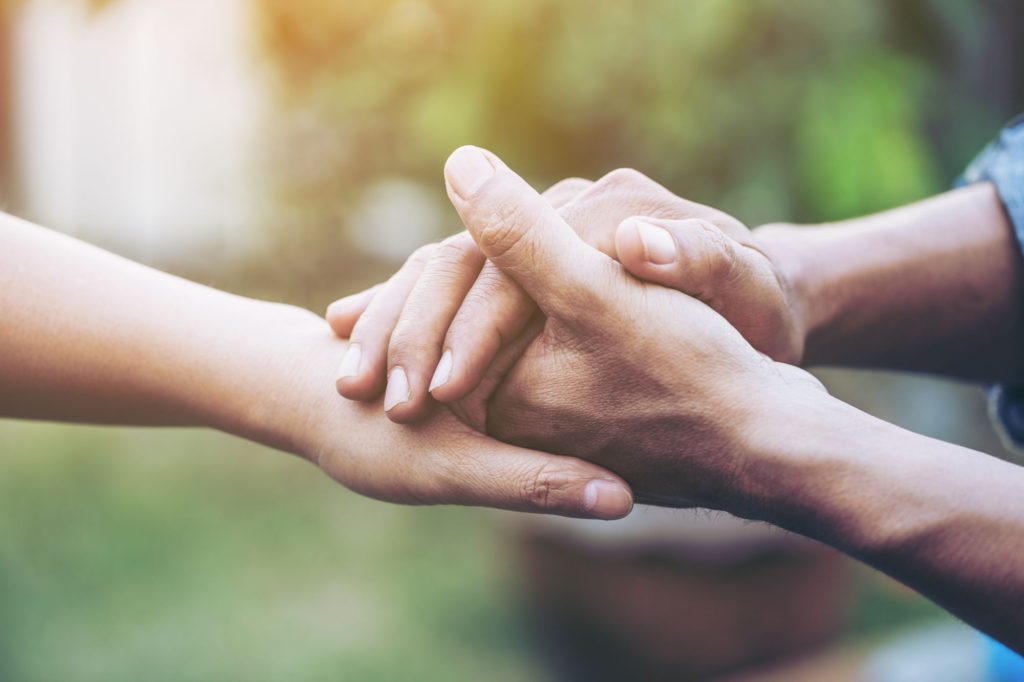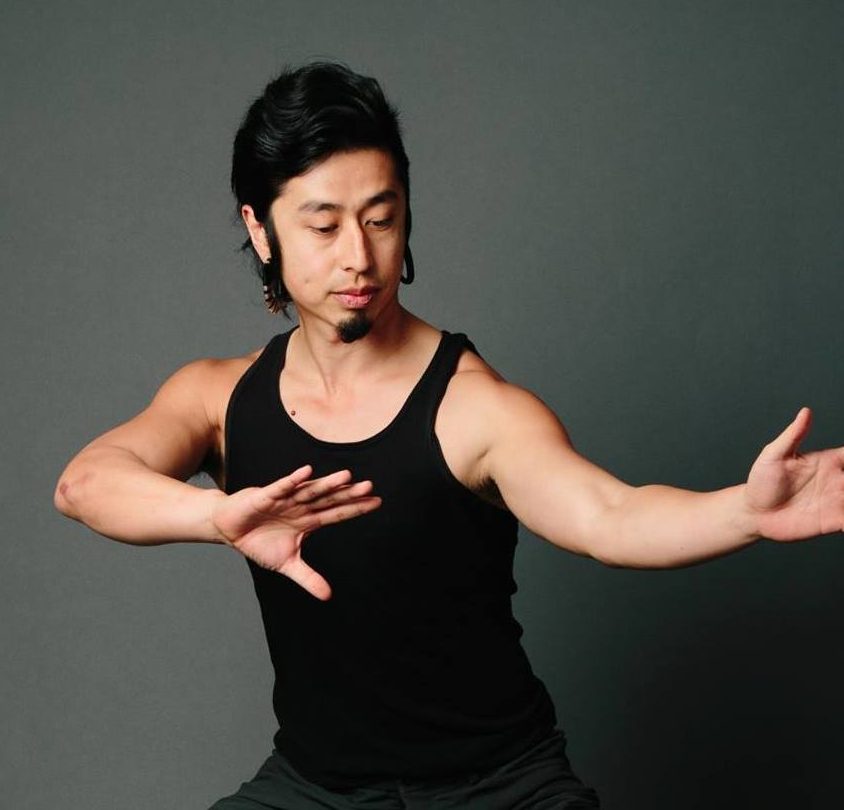Most of us know at least one person who has been diagnosed with some form of cancer. Chances are, we know them well, love them dearly, and want to support them as they navigate a very difficult time in their life. Something as complex and unique as a human relationship cannot be ruled by simplistic “do’s and don’ts,” so keep that dynamic as the central guiding light when you support the loved one.
Here are five ways to offer support to someone diagnosed with cancer:
- Reach out and express the words “I am here for you” in some way. It is okay to say that you don’t know how to word this right, but it is important for your loved one to know they have a support system: someone to lean on who is willing and able to listen without wanting to fix or judge; someone who can receive. Research shows that cancer patients with strong social support suffer less pain and receive more effective results from their cancer medications than patients with less support.
- Offer concrete and tangible help. Many of us need help asking for help. Perhaps you can be specific on what you could do (i.e. pick up groceries or children, cook a meal, organize other caregivers, drive to treatments, etc.). You might also offer help to the primary caregiver, who is most likely overwhelmed, overlooked, and also in need of emotional support.
- Check in periodically. Cancer treatment and survivorship is a long and winding road. A simple text, call, or email goes a long way in making your loved one feel that they are not alone. Cancer diagnosis and survivorship is isolating and life seems to be going on outside this bubble (especially thanks to social media). For those undergoing treatment or diagnosis, life is in limbo. Do what comes naturally to your relationship – speak of things other than cancer. Have you always shared humor, music, or silly banter? Continue to do so. If your friend has the energy, and is open to meeting you for a short while, drop in and spend some time with them.
- Do your own research of the diagnosis and treatment. Avoid sharing this information with them without permission. Most likely, they are on information overload; share only if you think they will be receptive to this. This is about your friend, so follow their lead. Perhaps one of the caregivers, or you, could volunteer to disseminate information, if needed.
- Avoid the following phrases:
- “It’s only XYZ Cancer, not ABC Cancer.” (There is no “only” to any of it.)
- “It’s only surgery, not chemo, etc.” (See above.)
- “You will be fine, don’t worry.” (You might mean to be reassuring, but you don’t know that and worry is natural.)
- “God/Universe/Destiny has a plan for you.” (Don’t spiritually bypass, or sidestep, the gravity of the situation.)
- “You are strong/brave.” (You might mean to be encouraging, but what if they are feeling vulnerable and now feel they have an obligation to only their strength? No one chooses to have cancer, so we clearly have no choice.)
- “I know how you feel.” (If you haven’t experienced a similar diagnosis, then no you don’t.)
- “My aunt died/had this disease.” (Not helpful.)
Cancer sucks. All of it. Friends and community matters. And, more than anything else, actions matter. So act with, and from, love.















